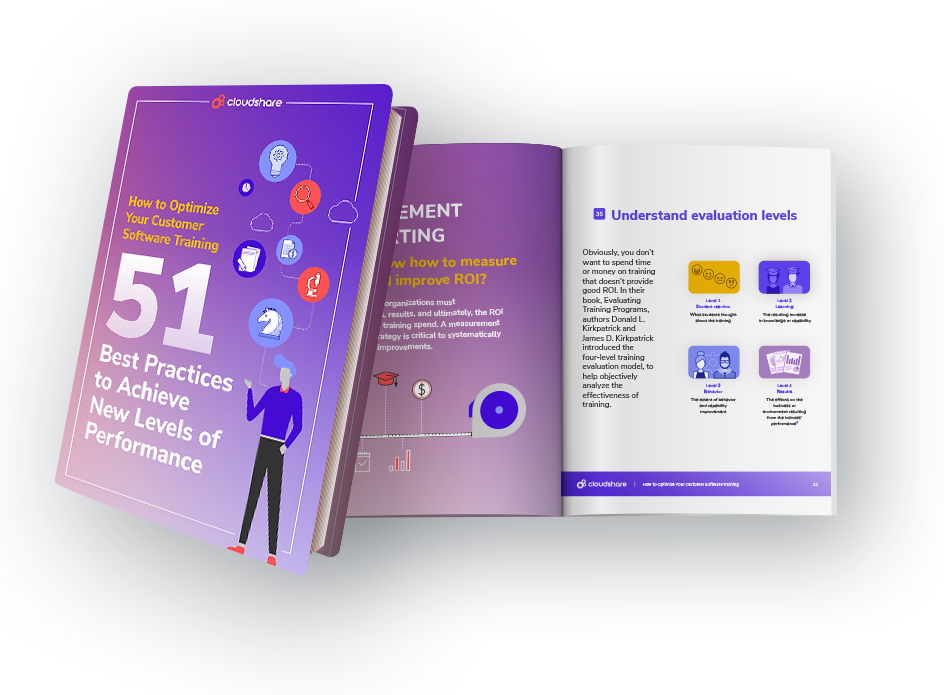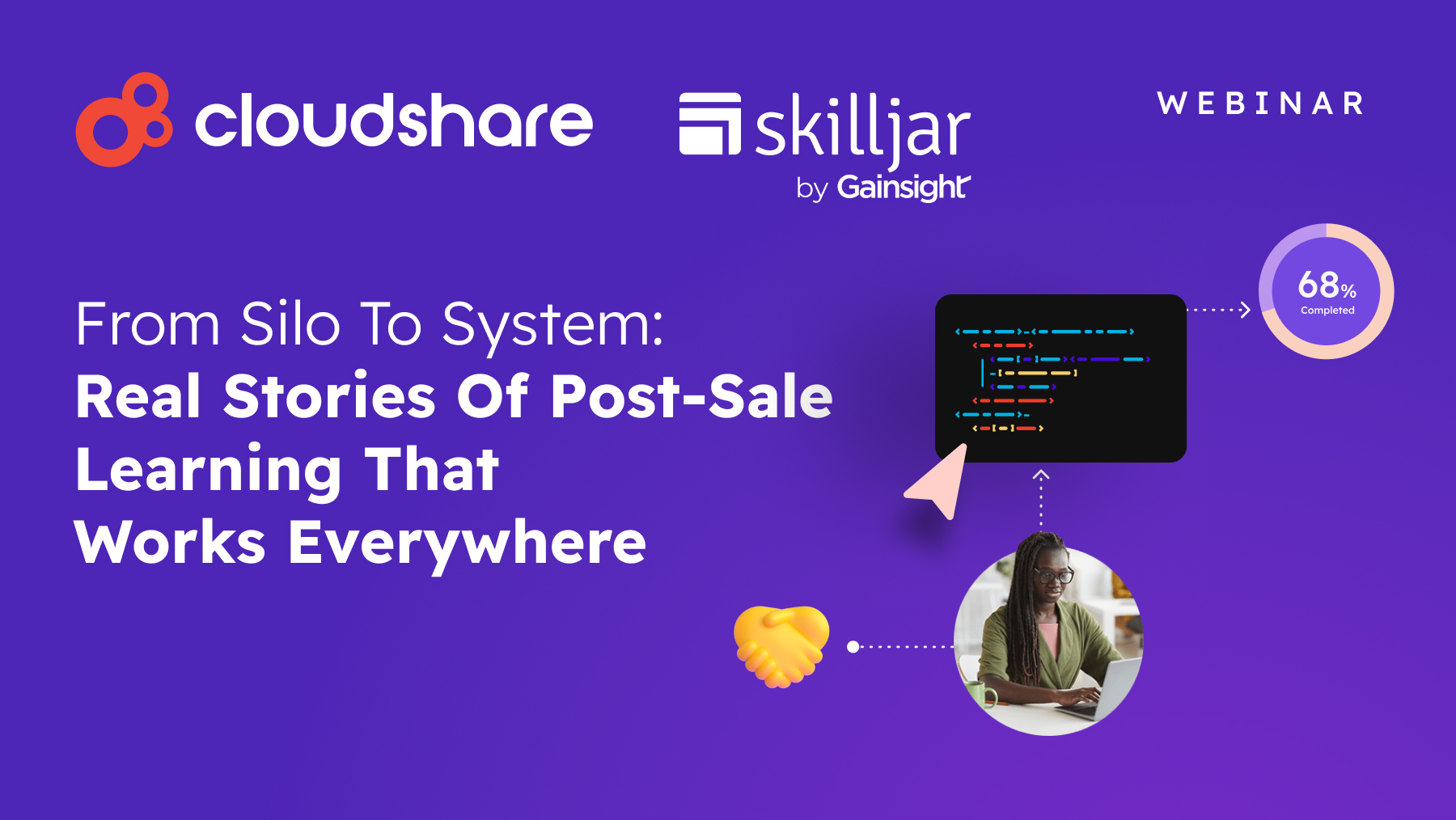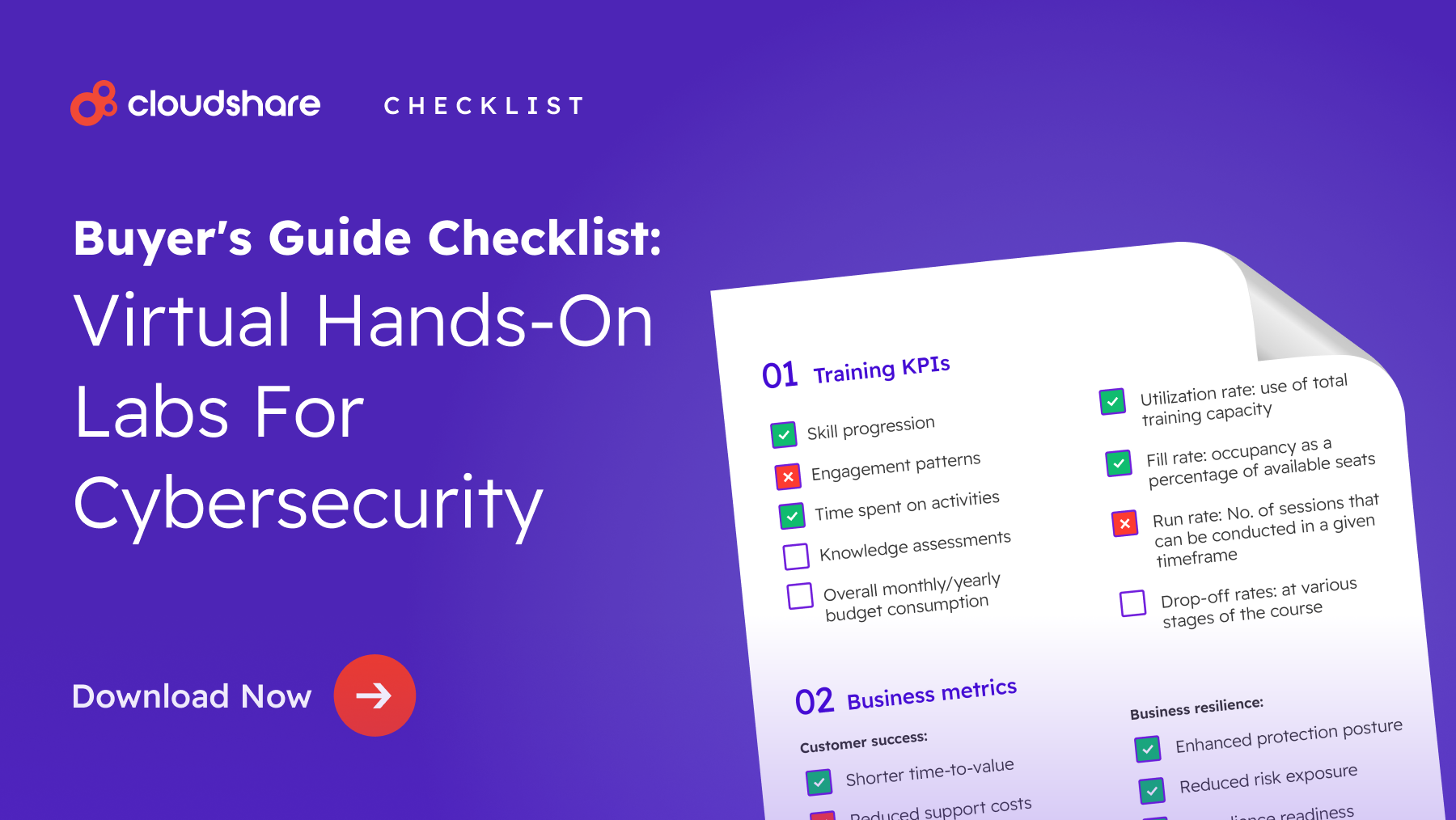
Channel sales is an excellent way for businesses to break into new markets by handing off sales, marketing, and distribution responsibilities to third-party companies. These business partners can act independently of the manufacturer, but it’s always ideal to provide specialized training to ensure partnerships remain effective and in line with the overall goals of the company.
If you help develop a channel partner strategy for your organization, you know how important education is to an effective partnership. Whether it’s information about the product or service or just ideas to get the branding across to the customer, investing in a learning management system (LMS) for channel sales training is a necessary step.
Do You Need a Channel Partner Training Platform?
Embracing a channel partner sales strategy can help you gain credibility, enter new markets, and ultimately bring in more customers. However, if you’ve decided to adopt channel partners, your partners must know your platform inside and out.
Providing channel partner training allows your new partners to learn everything they need to know to sell your platform or service correctly. With the right virtual training platform, they’ll gain hands-on experience and in-depth knowledge about your product to help partners effectively make new sales.
Why should you consider creating channel sales training for your new partners? Some of the top benefits of training your new partners include:
- Your partner’s sales teams will be equipped to answer questions about your platform.
- Marketing teams will better understand the pain points you solve and how to include your company in their marketing campaigns effectively.
- Provide a more comprehensive onboarding program for new partners, equipping them with everything they need to start bringing in new customers.
Most companies with an innovative platform or service will benefit from channel partnerships and training new partners properly. However, if your partners only have a vague idea of how your platform works, how will they craft effective marketing and sales strategies?
51 Best Practices to Boost Customer Software Training

Choosing the Right LMS
Choosing the right learning management system (LMS) when creating your new training program is essential. If you want to empower your distributors to sell better, giving them access to web-based training goes a long way. But selecting any online LMS at random probably won’t give you appealing results.
Think about what type of content is immediately relevant to your partners. If you make sure that the knowledge involved helps a distributor operate more effectively, you’ll likely see higher engagement and success rates among your partners. The result is a strengthened partnership network and higher sales overall.
On top of the content, a potent LMS must be:
- Customizable. Not every user of your learning program will have the same goals and skills. If you can organize coursework by title or responsibility, you have a higher chance of delivering relatable content that’s immediately useful on the job site.
- Relevant. Relevance should be a high priority when deciding on course materials. What do your partners need help with? You may need to educate them more about your product or service. Are they struggling to communicate well with customers? Include these types of topics in your lessons.
- Easy to use. If your platform is slow to navigate or has a confusing layout, don’t expect partners to return to it after one session.
- Accessible. We live in an age of mobile and IoT (Internet of Things) devices, so an LMS should come with an Android or iOS application for on-the-go access. Some platforms even offer additional functionality, such as using a smartphone camera to upload documents or scan QR codes.
- Ideally online. There’s a reason why web-based training systems are taking over the market for business education. Online courses do not require setting up physical classrooms or organizing busy work schedules for meetings.
Partner training is not an easy task that can run on a “one-size-fits-all” solution. You need specialized methods to get your partners the information they need. A suitable LMS should be easily accessible, provide detailed analytics, and evolve based on the needs of your organization, its partners, and users engaging with your learning modules.
Why Use an Online Training Environment?
Channel partner sales training works best when the content is available in an online classroom environment. Many of the service vendors in this industry offer a variety of extra features as well, including integrations with eCommerce systems and customer relationship managers (CRMs like Salesforce or Microsoft Dynamics).
Virtual classrooms can additionally provide analytics and performance metrics for ways to update and improve the current offerings. Many companies have already discovered how much more impactful a channel partner sales initiative is when they adopt an online learning environment.
CloudShare offers virtual IT labs for businesses of all sizes and industries. Whether you need an online environment for sandboxing, proof of concepts, or partner training, get in touch with our teams to set up a cost-effective solution to empower your indirect sales channels.
This post was originally published on October 2020 and updated on October 01, 2022.



